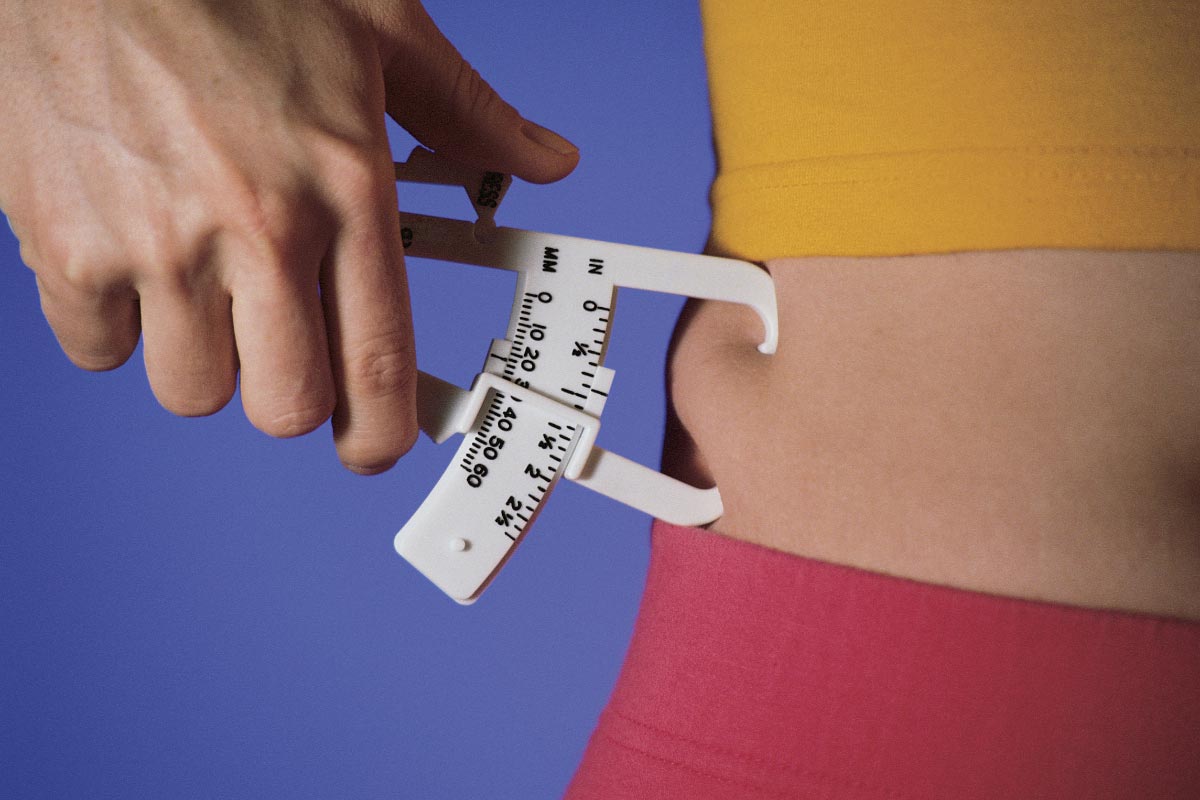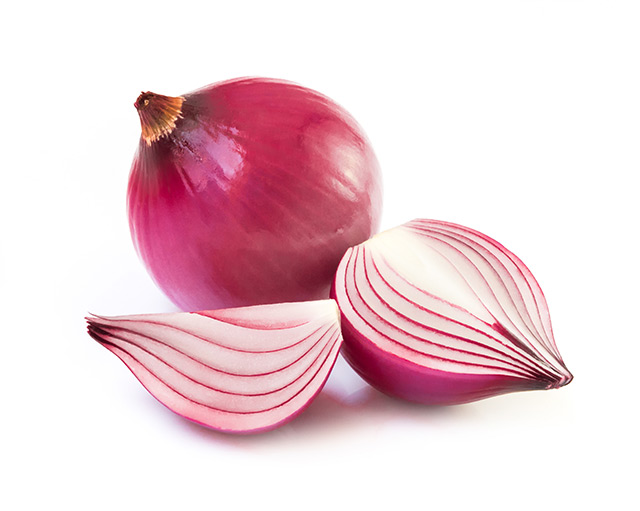Is slow metabolism to blame for chronic weight loss failure?
11/10/2015 / By Michael Bundrant

“I’ve tried everything under the sun and I still can’t lose weight. I must have a super slow metabolism.”
Diet resistant people are those for whom weight loss is seemingly impossible. These folks typically try a large variety of weight loss programs, over and over, and fail, over and over.
It’s discouraging, to say the least.
What’s going on? Is there merit to the claim that some people just can’t lose weight, no matter what? Let’s try to put this question to rest.
Slow metabolism to blame?
A slow metabolism is often blamed when such is the case. Do heavier people typically have slower metabolism than their thin counterparts? No. And here’s why this is the case.
Imagine two rocks lying on the ground in front of you. Your task is to move one of the rocks 20 feet. The first rock weighs five pounds. The second rock weighs 100 pounds. Which one do you want to move?
If you want to spend less energy and make it easier on yourself, you’ll choose the lighter rock. Why? Because it takes much more energy to move heavy objects.
Now, let’s look at two people, Ricky and Bobby. Ricky weighs 100 pounds. Bobby weighs 300 pounds. Both Ricky and Bobby need to move throughout their day. Which one burns more energy? Bobby, at 300 pounds, burns a lot more energy in an average day than Ricky. Bobby’s weight requires more energy to move, just like the heavier rock.
If Ricky and Bobby took a leisurely 12-minute stroll together, Bobby would burn three times as many calories as Ricky. A 30-year-old man who weighs 300 pounds burns an estimated 120 calories while walking at 3 MPH for 12 minutes. The same man at 100 pounds would burn just 40 calories.
The more you weigh, the more calories you burn. Everything from typical exercise to sitting on a couch to brushing your teeth burns more calories when you have more mass. The laws of physical require that this is the case.
If you weigh a lot more than you’d like, burning enough calories is probably not your problem. You burn more calories every day on average than thin people do, at any rate. If you couldn’t burn as many calories as your heavier body requires, then you literally would not have energy to move, or to regulate your body in any way.
Calorie burning is not the problem. And this brings us to the good news and the bad news.
Good news: Your metabolism is not defective. You burn as many calories as your body requires. Otherwise you wouldn’t be able to function.
Bad news: There is a 99.9% chance that you are suffering with a calorie balance issue. Even though you do burn a significant number of calories in a day, if you take in more than you burn, you will store fat.
In other words, you are probably eating a lot more calories in a day than you realize. And you’re burning a lot fewer. One study showed that the average person in a diet research program under reports calories eaten by 30 percent. Likewise participants typically over report physical activity.
Researchers concluded that poorly estimated calories in/calories out was the primary cause of failure in diet resistant people. Specifically, the study showed that metabolism problems were clearly not to blame.
This is all good news! Your body isn’t broken. If you have a hard time losing weight, then the solution is clear. Buckle down on your calorie tracking. Be honest about how much you eat and how much you exercise. Be strict. Science suggests that this is the missing piece.
Sources:
https://www.healthstatus.com/calculate/cbc
http://www.ncbi.nlm.nih.gov/pubmed/1454084
Tagged Under:




















